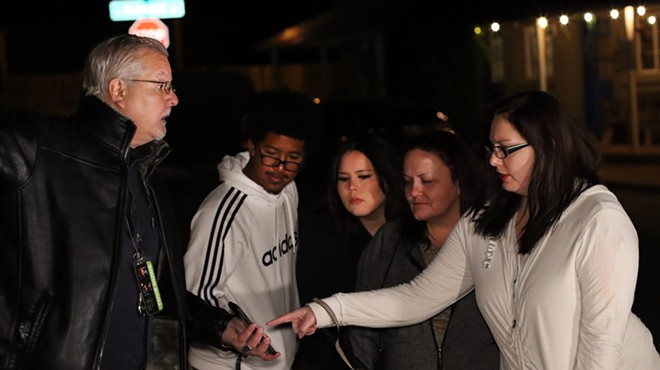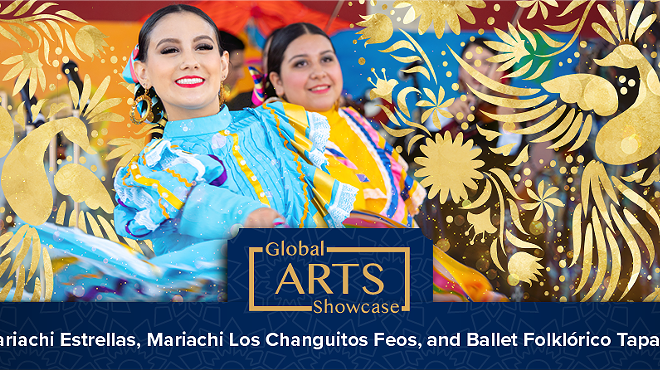Thursday, November 28, 2013
Word Odyssey - Thanksgiving Edition

- Image courtesy of Shutterstock
- The strangest Thanksgiving image we could find.
It’s time to feed your inner nerd.
It’s that time of year that we think of turkeys and pumpkin pie, falling leaves and chilly nights, the Macy’s parade and ….football. Yes, Thanksgiving is upon us.
We wouldn’t have Thanksgiving if it weren’t for the Pilgrims, and there’s a story behind that name. No, the term “pilgrim” did not mean “people with an astounding lack of fashion sense.” Let’s get serious. The word pilgrim traces back to Latin “per”, meaning beyond, and “agri”, meaning country. So that peregrinus meant foreigner—someone who traveled outside his native country. In Old French “peregrinus” was corrupted to “pelegrin”, and further corrupted in Old German, and then to English, so that we wind up with pilgrim. In English the usage evolved to mean someone who journeys to a holy site, usually in a foreign land, as when Muslims make a pilgrimage to Mecca.
Now it’s true that the Pilgrims, who were dissenters from the Church of England, when boating to the Americas on the Mayflower, were making a religious journey. But they never called themselves Pilgrims, nor did anyone else. Their Governor William Bradford wrote a book containing one tiny reference to their group as pilgrims, lifting it nobly from the Bible (apparently from Hebrews11:13 in the King James version, which was published just before their departure from England; my Revised Standard version uses exiles rather than pilgrims). But the term didn’t get any play until over a century and half later when a Boston Forefathers’ Day celebration romantically referred to them as pilgrims. Daniel Webster later publicized them as pilgrims, as did writers and poets, and the term then stuck. So, pilgrim, as John Wayne would say, that’s how we got pilgrims.
After pilgrim, the word most closely connected with Thanksgiving is that funny bird, the turkey. I’d wondered whether the name turkey could be related to the nation of Turkey, but I couldn’t think how they could possibly be connected. Turkeys are a New World bird, and the Turks didn’t have a whole lot going in the way of American colonies. But oh, the convoluted route by which words sometimes originate. Here’s how it happened.
When the first colonists from England arrived, they mistook the wild fowl we know as turkeys for a smaller guinea hen that was imported to Europe from Madagascar, off the East coast of Africa. Despite coming from Madagascar, these guinea hens were called turkeys because they were imported by traders through the land of the Turks. So, turkey was mistakenly applied to the New World bird. Ironically, the Turks themselves call the bird hindi, as in “India”, which they probably got from the French, who called it poulet d’inde—meaning fowl from India, so-called because the bird was from the New World, which they mistakenly thought that was the Indies. Wow.
Another staple of the Thanksgiving diet is the hallowed pumpkin. That comes from French “pompon”, which the English borrowed while dropping the French nasal pronunciation, and attaching “kin”, which is a diminutive from Dutch. Why the diminutive? Maybe back then all they had were cute little pumpkins, not the county-fair sized ones we have today?
Another traditional Thanksgiving food is squash, which is from the language of the Narragansets, in the Algonquin language family. In Narragansett, squash meant green things that may be eaten raw. Today most of us prefer it cooked, or better yet, just hand me a second helping of mashed potatoes and dressing, and I’ll skip the squash altogether, then get ready to watch the Detroit Lions, God bless them, get walloped.
Tags: word odyssey , word meanings , britt hanson










